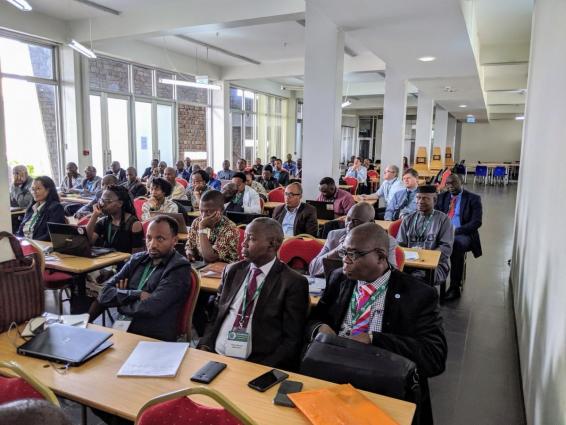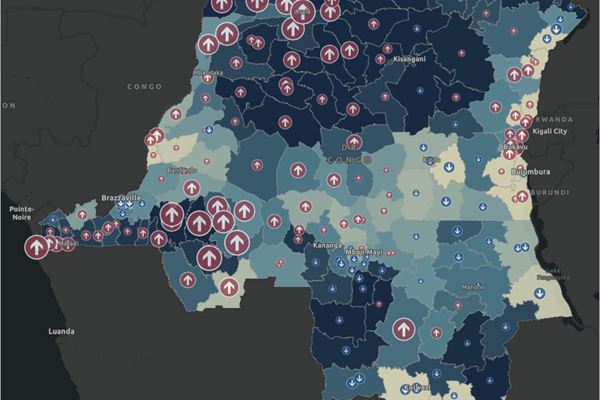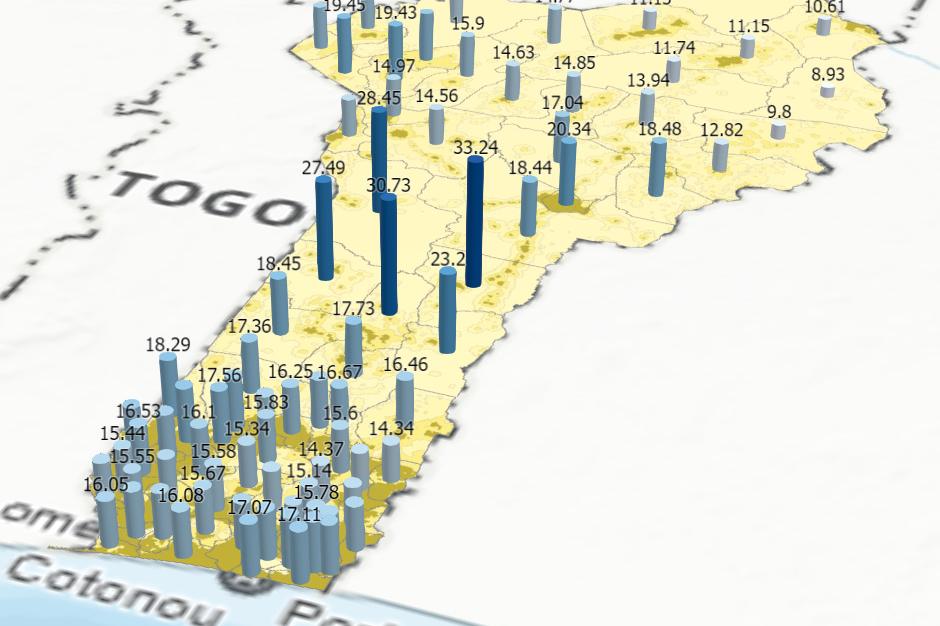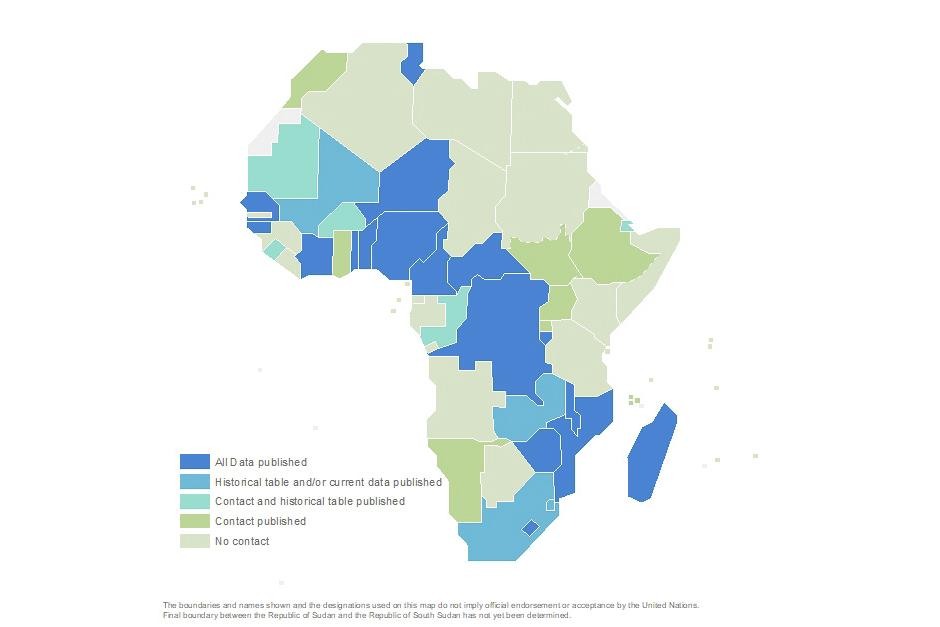The Fifth Session of the Regional Committee of the United Nations Global Geospatial Information Management in Africa (UN-GGIM: Africa) took place from 18 to 22 November 2019 in Kigali, Rwanda, in conjunction with the AfricaGIS 2019 Conference.
The meeting offered the opportunity to share knowledge and best practices on the development of geospatial information in the continent; raise awareness on the benefits to be derived through the utilization of geospatial information for sustainable development; look at policies, measures and steps that African countries could take to ensure a successful implementation of the UN-GGIM: Africa activities in the region.
On 19 November 2019, a Side Event was organized on the SALB programme during the proceedings of UN-GGIM: Africa which included the participation of official delegates from about 30 countries as well as observers from international organizations including the Economic Commission for Africa (ECA), the African Union Commission (AUC), the UN-GGIM Secretariat, academia, industry organizations and the private sector. It’s worth mentioning that SALB is one of the key pillar of the African Action Plan on Geospatial Information for Sustainable Development (AAP-Gi4SD).
The side event -see concept note- included presentations on the overall status of the programme, the regional perspectives from Africa and the efforts being made to achieve mapping of subnational boundaries in Africa. Six countries (Senegal, Cameroon, Mozambique, Togo, Eswatini and South Africa) provided lightening talks on their national perspectives on the administrative boundaries associated opportunities and challenges.
Overall, African countries reiterated their willingness to contribute data and viewed the publication of their data on the SALB website as an opportunity to raise awareness to policy makers, facilitate sharing and dissemination to all stakeholders including the international community and the importance of standardization of data across countries. Challenges highlighted remain the capacity and cost related to building quality data in the context of the data collection and management as well as the updates associated to changes of the administrative boundaries. Presenting countries and participants also mentioned that the communication from the United Nations via the Note Verbale was rarely reaching the relevant point of contact in the country and advocating for fast tracking the publication via focal point participating to UN-GGIM Africa.
Several countries committed to provide their dataset to the programme, to be in contact and publish their data. The programme looks forward to engaging with these countries contribution and make their data available soonest !




